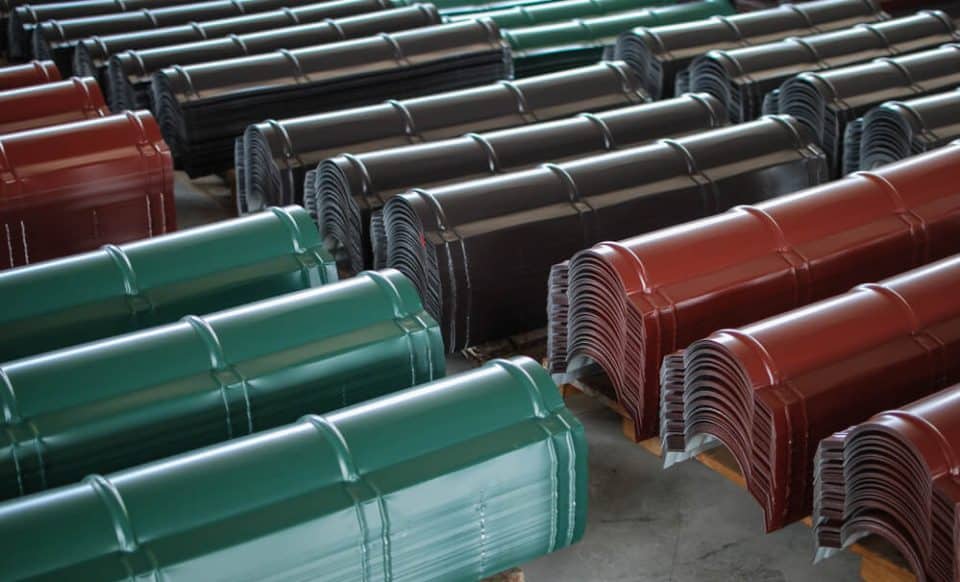What Homeowners Must Know About Roofing System Repair Expenses
Introduction
When it concerns preserving a home, the roofing system is often the unsung hero. While numerous homeowners concentrate on interior decoration and landscaping, the roofing system safeguards it all from external components such as rain, snow, and sun. However, roofing repair work expenses can in some cases come as a shock, leaving homeowners scrambling to comprehend what they require to know before making choices. This comprehensive guide will dig deep into whatever you need to comprehend about roofing repair work expenses, focused on empowering you with knowledge that can save you time and money down the line.
What Homeowners Should Understand about Roof Repair Costs
Roof repair expenses can vary considerably based on numerous factors consisting of roofing product, size of the roofing system, place, and degree of damage. Comprehending these aspects helps homeowners spending plan effectively for necessary repairs.
Factors Affecting Roof Repair Costs
1. Kind Of Roof Material
The kind of roofing product plays an important function in identifying repair work costs.
- Asphalt Shingles: Usually cost-effective however may need regular repairs.
- Metal Roofing: More resilient and often requires less upkeep however can be pricier upfront.
- TPO Roofing: Typical in commercial settings; costs can vary based upon setup requirements.
Considering these products' lifespans and maintenance needs is necessary when assessing possible long-term expenses.
2. Roofing system Size
The larger your roof, the more costly repair work will be. An easy estimation is multiplying the total square footage by regional labor rates in addition to product costs.
3. Location
Regional distinctions in labor expenses can significantly affect general expenditures. Urban locations tend to have greater labor rates compared to rural locales.
4. Extent of Damage
Minor repairs like replacing a few shingles will unquestionably cost less than significant damages requiring total areas of a roof to be replaced.
Understanding Labor Costs for Roofing Repairs
Labor normally represents about 60% of your overall roof expense.
1. Typical Per Hour Rates
Hourly rates for roofing contractors vary extensively but usually fall between $50-$150 per hour depending on experience and location.
2. Flat Rate vs Hourly Rate
Some professionals may provide flat rates for particular tasks instead of hourly charges, which might offer much better predictability in budgeting.

Common Kinds of Roof Repair Works and Their Costs
- Cost: $100-$300 per square.
- Factors: Type of shingle and extent of damage.
- Cost: $200-$500.
- Factors: Source of leakage and accessibility.
- Cost: $200-$600.
- Factors: Material utilized (aluminum vs lead).
- Cost: $100-$400.
- Factors: Product type (vinyl vs metal).
The Value of Routine Roofing System Inspections
metal roofing installationRegular assessments can determine concerns before they aggravate, ultimately saving homeowners money on more comprehensive repair work later on on.
1. Frequency of Inspections
It's recommended to set up inspections a minimum of twice a year-- spring and fall-- to prepare your roofing for seasonal weather condition changes.
2. Signs You Need an Inspection
- Missing shingles
- Sagging areas
- Water discolorations inside your home
DIY Versus Professional Fixes: What's Best?
While some small repairs might seem manageable for DIY enthusiasts, it's a good idea to consider employing professional help for significant issues:
1. Pros of DIY Repairs
- Cost savings on labor
- Flexibility in scheduling
2. Cons of Do It Yourself Repairs
- Risk of further damage
- Safety hazards
Finding a Trustworthy Roofing Contractor
Choosing the best specialist is vital when addressing your roofing needs:
1. Research Local Contractors
Look for reviews online or ask next-door neighbors for recommendations.
2. Verify Credentials
Ensure your specialist is licensed and insured to protect yourself from liability during repairs.
Commercial Roof vs Residential Roofing: Secret Distinctions in Repair Costs
Understanding differences in between industrial and domestic roof aids in budget planning:
1. Business Roof Systems
Typically include flat roofs that might need customized materials like TPO or modified bitumen which might increase expenses depending on the complexity.
2. Residential Roofing Systems
Generally function pitched roofing systems normally made from asphalt shingles or metal; hence repairs might be simpler however still differ based on individual circumstances.
FAQ Section
Q1: How much does a full roofing replacement cost? A1: A full roofing replacement normally varies from $5,000 to $30,000 depending on size and product choice.
Q2: What triggers most roofing issues? A2: Most problems arise due to poor installation or extreme weather conditions causing use over time.
Q3: Is it worth buying metal roof? A3: Yes! Metal roofing offers longevity with less upkeep which might save money with time regardless of higher preliminary costs.
Q4: How do I know if my roofing needs repair? A4: Try to find indications such as leaks inside your home or missing shingles outside; these are clear signs that something's wrong.
Q5: Can I work out rates with specialists? A5: Definitely! Numerous specialists are open to negotiation specifically if you're getting multiple quotes for comparison purposes.

Q6: How long should an excellent roof last? A6: Depending upon products utilized, a lot of roofs can last anywhere from twenty years (asphalt shingles) approximately 70 years (metal).
Conclusion
In conclusion, understanding what homeowners must know about roofing repair expenses equips you with the knowledge necessary to make informed choices regarding among your most important assets-- your home! From acknowledging various types of roofing materials and their particular repair work expenses to understanding when it's time for an inspection or hiring professionals versus tackling repairs yourself-- this article covers it all!
By staying notified about these important elements surrounding your roofing system's upkeep, you'll not just guarantee its longevity but also include value to your property while protecting your investment against potential risks down the roadway! Bear in mind that preventive procedures today could save you substantial quantities tomorrow; so do not hesitate-- get educated and keep that roof over your head safe!
